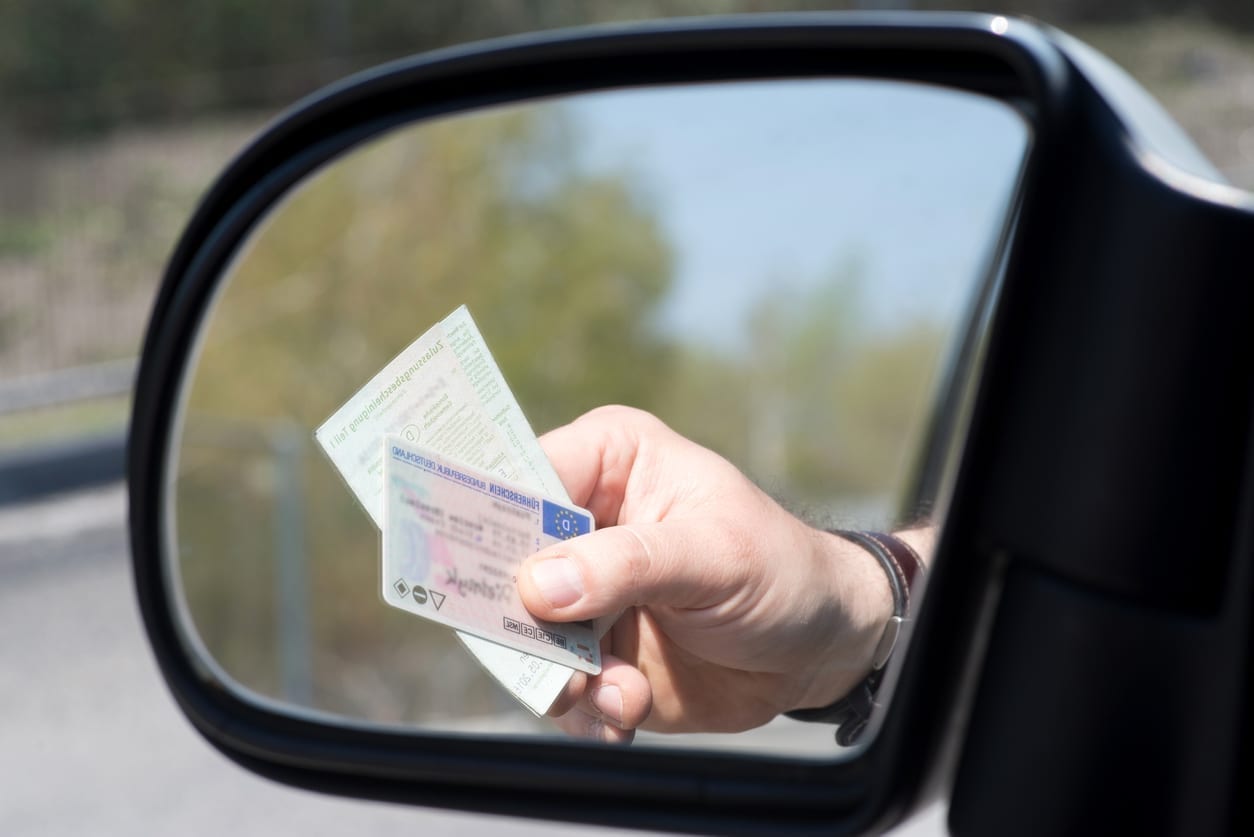You can get your driver’s license back after incarceration. But it’s not always easy. Getting your driver’s license back can also cost a lot of money. One study showed that many formerly incarcerated people say that not having a driver’s license is one of the biggest problems with reentry.
Will you always lose your driver’s license when going to prison?
No. Each state has its own laws on driver’s license suspensions. And it depends on what your charges were. If you are in prison because of a driving-related charge, such as driving under the influence (DUI), your license could be revoked or suspended. Some states suspend people’s licenses for other charges, such as drug crimes, as well. And some may suspend your license for failing to pay fines, court costs and even child support.
But for some criminal charges, your driver’s license won’t be impacted at all. That does not mean, however, that it’s easy to get back on the road after release. Depending on the length of your sentence, your license could expire while you are in prison. This is especially true if you are incarcerated for a long period of time. This can mean you must go through the process of getting it back even though it wasn’t revoked or suspended.
What is the difference between a suspended, revoked and expired license?
When you go to prison, your license could be suspended, be revoked or it could expire. These terms might seem similar, but they are different. Understanding the difference can help you understand how to get your license back after incarceration.
- Suspended. If the state suspends your license, your license is not legally valid for a period of time. The state decides how long this is. It can be anywhere from six months to three years, and sometimes even longer, depending on the charges. No matter how long the suspension, you will need to satisfy all requirements and pay all fees and fines before you can get your license back.
- Revoked. If the state revokes your license, you generally lose your driving privileges permanently. Once revoked, there is no set time for when you can get your license back. Instead, you will have to apply for a new license with your state. Depending on where you live, there can be time limits on doing so as well as other important rules that apply.
- Expired. Your driver’s license expires if you do not renew your license before its expiration date. Expired driving privileges are much easier to get back than if your license is suspended or revoked. It usually only requires some paperwork and a new picture.

How can you restore or renew your license after incarceration?
Each state has its own process for restoring or renewing your driver’s license. But there are some steps that exist in most states.
- Pay a fee to reinstate your license. Every state has a reinstatement fee, but the amount of the fee depends on where you live. This fee is on top of any unpaid fines or court fees you may have.
- Take required driving courses. Depending on your charges, you may need to complete one or more driving courses to get your license back. You may also have to take drug or alcohol counseling. You will need to show a certificate that shows you completed your courses if they are required.
- Pay all court costs, fees and fines. In many states, you need to pay all of the money you owe to the state before you can get your driver’s license back. That includes any court costs, fees or fines. These may include fees from your state’s Secretary of State, Department of Motor Vehicles or other similar agency. It can also include things like taxes and child support.
The Takeaway:
Each state has its own rules about driver’s licenses. In many cases, it is possible to get a driver’s license back after incarceration. But it is not always easy. And the process could change depending on why you lost your license in the first place. You need to check with your state’s rules to figure out if you are eligible to get your license back.






